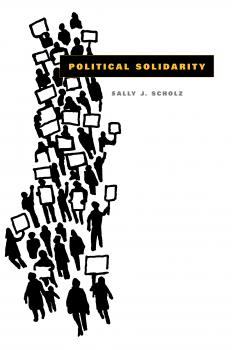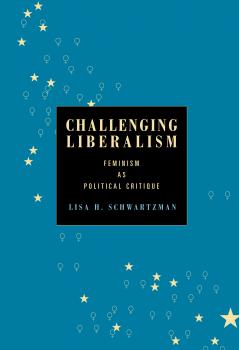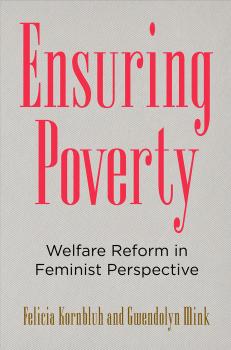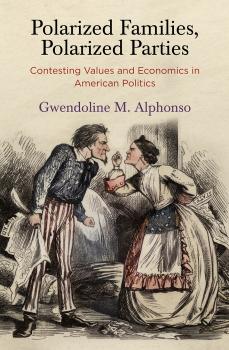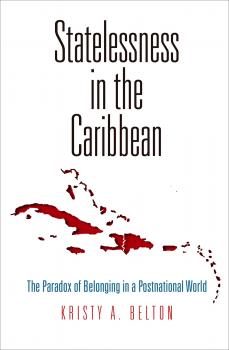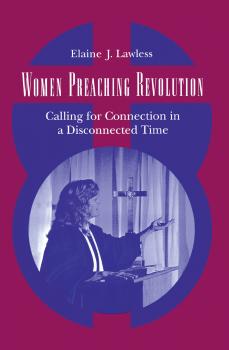ТОП просматриваемых книг сайта:
Социология
Различные книги в жанре Социология, доступные для чтения и скачиванияАннотация
In Ensuring Poverty , Felicia Kornbluh and Gwendolyn Mink assess the gendered history of welfare reform. They foreground arguments advanced by feminists for a welfare policy that would respect single mothers' rights while advancing their opportunities and assuring economic security for their families. Kornbluh and Mink consider welfare policy in the broad intersectional context of gender, race, poverty, and inequality. They argue that the subject of welfare reform always has been single mothers, the animus always has been race, and the currency always has been inequality. Yet public conversations about poverty and welfare, even today, rarely acknowledge the nexus between racialized gender inequality and the economic vulnerability of single-mother families. Since passage of the Personal Responsibility and Work Opportunity Reconciliation Act (PRWORA) by a Republican Congress and the Clinton administration, the gendered dimensions of antipoverty policy have receded from debate. Mink and Kornbluh explore the narrowing of discussion that has occurred in recent decades and the path charted by social justice feminists in the 1990s and early 2000s, a course rejected by policy makers. They advocate a return to the social justice approach built on the equality of mothers, especially mothers of color, in policies aimed at poor families.
Polarized Families, Polarized Parties - Gwendoline M. Alphonso
American Governance: Politics, Policy, and Public LawАннотация
Struggles to define the soul of America roil the nation's politics. Debates over the roles of gays, lesbians, women, immigrants, racial and religious minorities, and disputes over reproductive and abortion rights serve as rallying points for significant electoral groups and their representatives in government. Although the American family lies at the core of these fierce battles, the alignment of family with social or cultural issues is only a partial picture—a manifestation of the new right's late twentieth-century success in elevating «family values» over family economics. Gwendoline Alphonso makes a significant contribution to the prevailing understanding of party evolution, contemporary political polarization, and the role of the family in American political development by placing family at the center of political and cultural clashes. She demonstrates how regional ideas about family in the twentieth century have continually shaped not only Republican and Democratic policy and ideological positions concerning race and gender but also their ideals concerning the economy and the state. Drawing on extensive data from congressional committee hearings, political party platforms, legislation sponsorship, and demographic data from the Progressive, post-World War II, and late twentieth-century periods in the United States, Polarized Families, Polarized Parties offers an intricate and sophisticated analysis of how deliberations around the ideal family became critical to characterizations of party politics. By revealing the deep historical interconnections between family and the two parties' ideologies and policy preferences, Alphonso reveals that American party development is more than a story of the state and its role in the economy but also, at its core, a debate over the political values of family and the social fabric it embodies.
Race and the Making of American Political Science - Jessica Blatt
American Governance: Politics, Policy, and Public LawАннотация
Race and the Making of American Political Science shows that changing scientific ideas about racial difference were central to the academic study of politics as it emerged in the United States. From the late nineteenth century through the 1930s, scholars of politics defined and continually reoriented their field in response to the political imperatives of the racial order at home and abroad as well to as the vagaries of race science. The Gilded Age scholars who founded the first university departments and journals located sovereignty and legitimacy in a «Teutonic germ» of liberty planted in the new world by Anglo-Saxon settlers and almost extinguished in the conflict over slavery. Within a generation, «Teutonism» would come to seem like philosophical speculation, but well into the twentieth century, major political scientists understood racial difference to be a fundamental shaper of political life. They wove popular and scientific ideas about race into their accounts of political belonging, of progress and change, of proper hierarchy, and of democracy and its warrants. And they attended closely to new developments in race science, viewing them as central to their own core questions. In doing so, they constructed models of human difference and political life that still exert a powerful hold on our political imagination today, in and outside of the academy. By tracing this history, Jessica Blatt effects a bold reinterpretation of the origins of U.S. political science, one that embeds that history in larger processes of the coproduction of racial ideas, racial oppression, and political knowledge.
Аннотация
Without citizenship from any country, more than 10 million people worldwide are unable to enjoy the rights, freedoms, and protections that citizens of a state take for granted. They are stateless and formally belong nowhere. The stateless typically face insurmountable obstacles in their ability to be self-determining agents and are vulnerable to a variety of harms, including neglect and exploitation. Through an analysis of statelessness in the Caribbean, Kristy A. Belton argues for the reconceptualization of statelessness as a form of forced displacement. Belton argues that the stateless—those who are displaced in place—suffer similarly to those who are forcibly displaced, but unlike the latter, they are born and reside within the country that denies or deprives them of citizenship. She explains how the peculiar form of displacement experienced by the stateless often occurs under nonconflict and noncrisis conditions and within democratic regimes, all of which serve to make such people's plight less visible and consequently heightens their vulnerability. Statelessness in the Caribbean addresses a number of current issues including belonging, migration and forced displacement, the treatment and inclusion of the ethnic and racial «other,» the application of international human rights law and doctrine to local contexts, and the ability of individuals to be self-determining agents who create the conditions of their own making. Belton concludes that statelessness needs to be addressed as a matter of global distributive justice. Citizenship is not only a necessary good for an individual in a world carved into states but is also a human right and a status that should not be determined by states alone. In order to resolve their predicament, the stateless must have the right to choose to belong to the communities of their birth.
Аннотация
Информация о книге
Автор произведения Dana Heller
Жанр Социология
Серия Feminist Cultural Studies, the Media, and Political Culture

